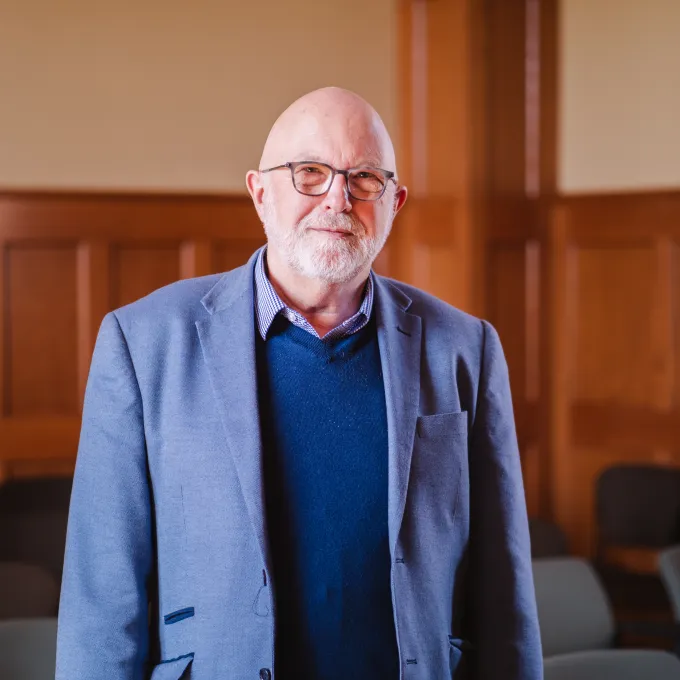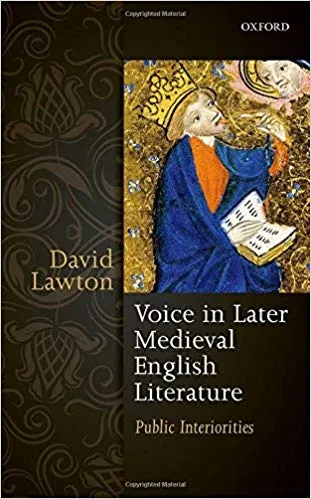Professor Lawton has published nine books and many articles and book chapters in English literary and cultural studies and in medieval studies. He has recently published a complete edition of Chaucer's work for Norton, and another of "The Canterbury Tales," and in 2017 published a book on voice in medieval literature.
Professor Lawton received his MA. from Oxford and his Ph.D. from the University of York, where he held his first academic post in 1974-75. He moved to the University of Sydney, Australia, in 1975, and stayed there as Reader in Early English Language Literature until 1992. From 1992 to 1995 he was Professor and Head of English in the University of Tasmania, moving to England in 1995 to be Professor of English and Chair of Literature in the School of English and American Studies at the University of East Anglia, Norwich. In 1998 he became Professor of English at Washington University, and was Chair 2002-08. He was elected Fellow of the Australian Academy of the Humanities in 1993, was Visiting Fellow at Clare Hall, Cambridge (2009), and was Leverhulme Visiting Professor of English at the University of Oxford (2009-10). Professor Lawton has published nine books and many articles in English literary and cultural studies, in medieval studies, and in religious studies (Faith, Text and History: the Bible in English in 1991, and Blasphemy in 1993). He published Voice in Later Medieval English Literature: Public Interiorities (Oxford University Press) in 2017, The Norton Chaucer in 2019, and the Norton edition of The Canterbury Tales, also in 2019. He was founding editor of a major journal, New Medieval Literatures, and co-editor 1997-2018, and he was Executive Director of the New Chaucer Society 2002-12. He was Director of Graduate Studies in English at Sydney and here (1999-2002). He has served as main advisor on more than 20 Ph.D. dissertations, and helped steer several on to subsequent publication. Former students of his hold tenured or tenurable academic positions in Australia, Britain, Japan, Iceland and the USA. At Washington University and elsewhere he has been named an Outstanding Faculty Mentor and received awards for excellence in mentoring and teaching. David Lawton has also published poetry and journalism, and appeared on radio and television, in the US, Britain and Australia. He is a life member of Clare Hall, Cambridge, and a faculty associate in English Language and Literature at Oxford.

